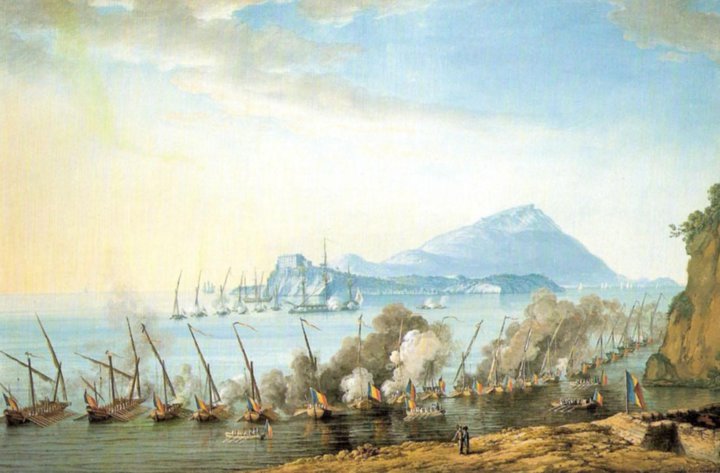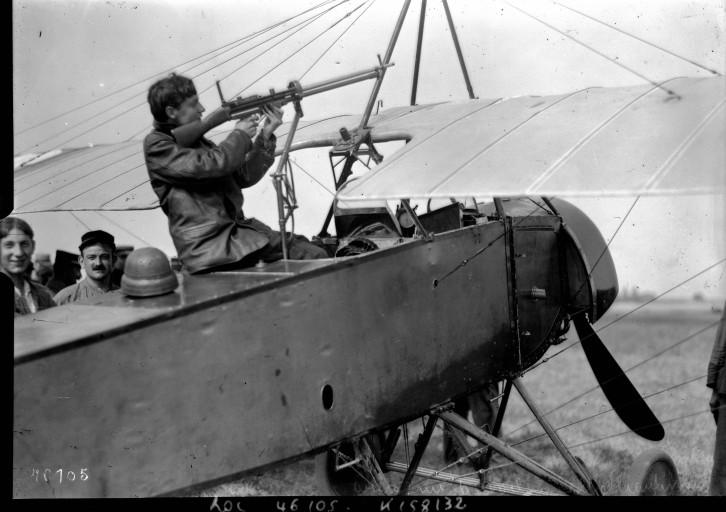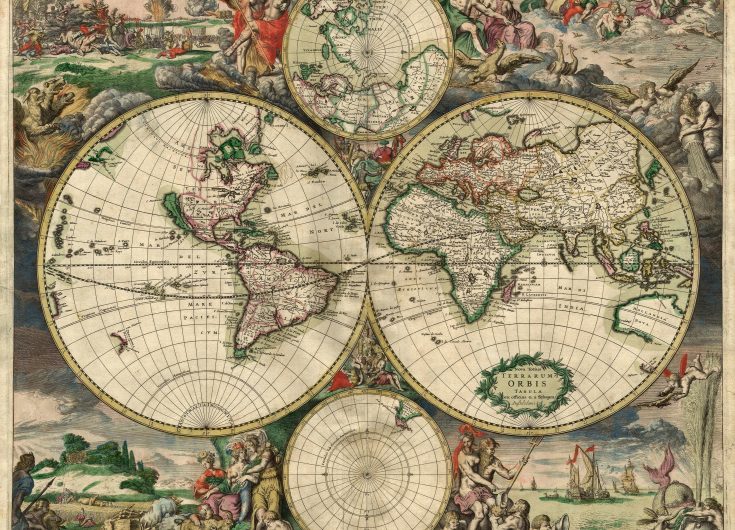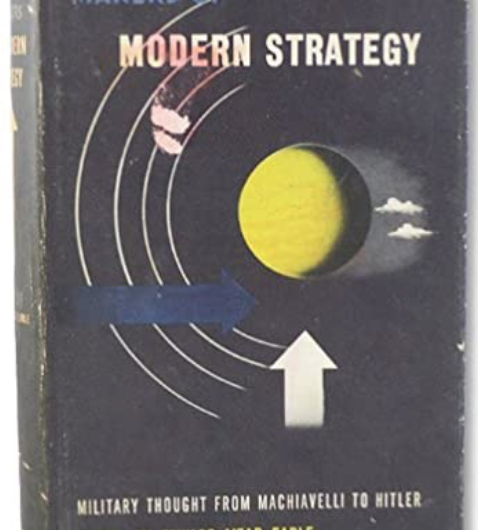Edward Mead Earle’s Critique of Spykman
Earle wrote a surprisingly negative review in the Political Science Quarterly (March 1943) of Nicholas Spykman's America's Strategy in World Politics: The United States and the Balance of Power (1942), which is generally considered to have been highly influential among the set of individuals who composed Makers of Modern Strategy. Earle "found Spykman's focus on a narrow concept of power as the sole basis of international affairs unpersuasive and out of line with American traditions.





